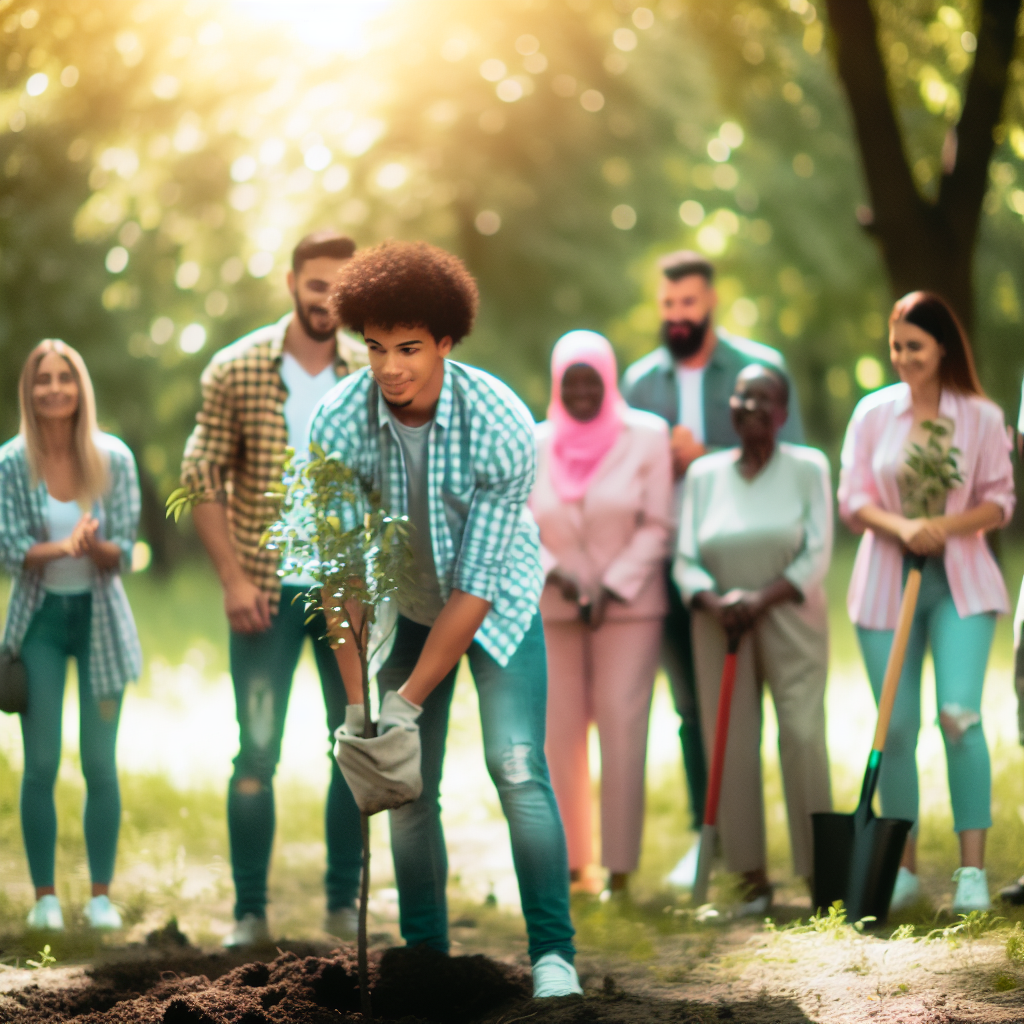In the aftermath of adversities, communities often face the challenge of bouncing back stronger. This article explores community resilience building, focusing on trauma-informed care, mental health equity, and restorative practices that enhance recovery and social connection.
Community Resilience Building
Community resilience building emphasizes collective strength in the face of adversity. By prioritizing resource sharing and collaborative problem-solving, communities can harness their combined skills and experiences to navigate crises effectively. Initiatives that foster social connectedness, such as peer-to-peer support and local healing initiatives, create networks of emotional first aid, helping individuals process trauma together. Through restorative practices and integrated recovery efforts, communities not only rebuild but also emerge more resilient, turning shared stories of hardship into powerful narratives of hope and healing.
The Role of Trauma-Informed Care
Trauma-informed care is pivotal for healing individuals and communities post-crisis, fostering environments grounded in safety and empowerment. By recognizing the widespread impact of trauma, practitioners across sectors—education, healthcare, and social services—can cultivate responsive systems that prioritize emotional well-being. Grounded in principles of trustworthiness and collaboration, trauma-informed approaches facilitate peer-to-peer support and healing from collective trauma, enhancing resilience in adversity. Through compassionate leadership and community-based counseling, neighborhoods can build networks of support, integrating emotional first aid and recovery tools into their fabric to nurture mental wellness.
Promoting Mental Health Equity
Promoting mental health equity involves ensuring that every community member has fair access to mental health resources, regardless of socio-economic status, ethnicity, or geographic location. Strategies include implementing community-based counseling services that are culturally competent, establishing crisis response networks accessible to all, and fostering peer-to-peer support systems that empower individuals. Emphasizing inclusive mental health care, particularly for underserved populations, facilitates emotional first aid and trauma healing pathways. By prioritizing social connectedness, communities can strengthen mental wellness and rebuild resilience in adversity, ultimately creating a foundation for hope-centered recovery.
Restorative Community Practices
Restorative community practices promote healing by fostering empathy and understanding through structured dialogues and circles. These gatherings create safe spaces where individuals can share their experiences and feelings, helping to alleviate collective trauma. By focusing on active listening and mutual respect, participants can navigate conflicts, rebuild trust, and strengthen relationships. This collective approach encourages neighborhoods to collaborate in rebuilding after hardship, emphasizing shared stories as catalysts for resilience. As communities engage in these practices, they cultivate a sense of belonging, enhancing emotional wellness and supporting integrated recovery efforts.
Grassroots Mental Health Advocacy
Grassroots mental health advocacy has emerged as a vital force in promoting mental wellness at the community level. By empowering local residents to lead initiatives, these programs address mental health disparities in underserved populations. For instance, community-led workshops on emotional first aid and resilience training provide essential tools for navigating adversity. Additionally, peer-to-peer support groups create safe spaces for sharing experiences, fostering social connectedness and hope. Successful programs demonstrate the strength derived from shared stories, cultivating collective healing and a supportive network essential for community recovery.
Last but Not Least
By nurturing resilience, promoting equity, and fostering healing-centered engagement, communities can transform adversity into a springboard for growth. Together, we can redefine recovery and build a more inclusive future.
